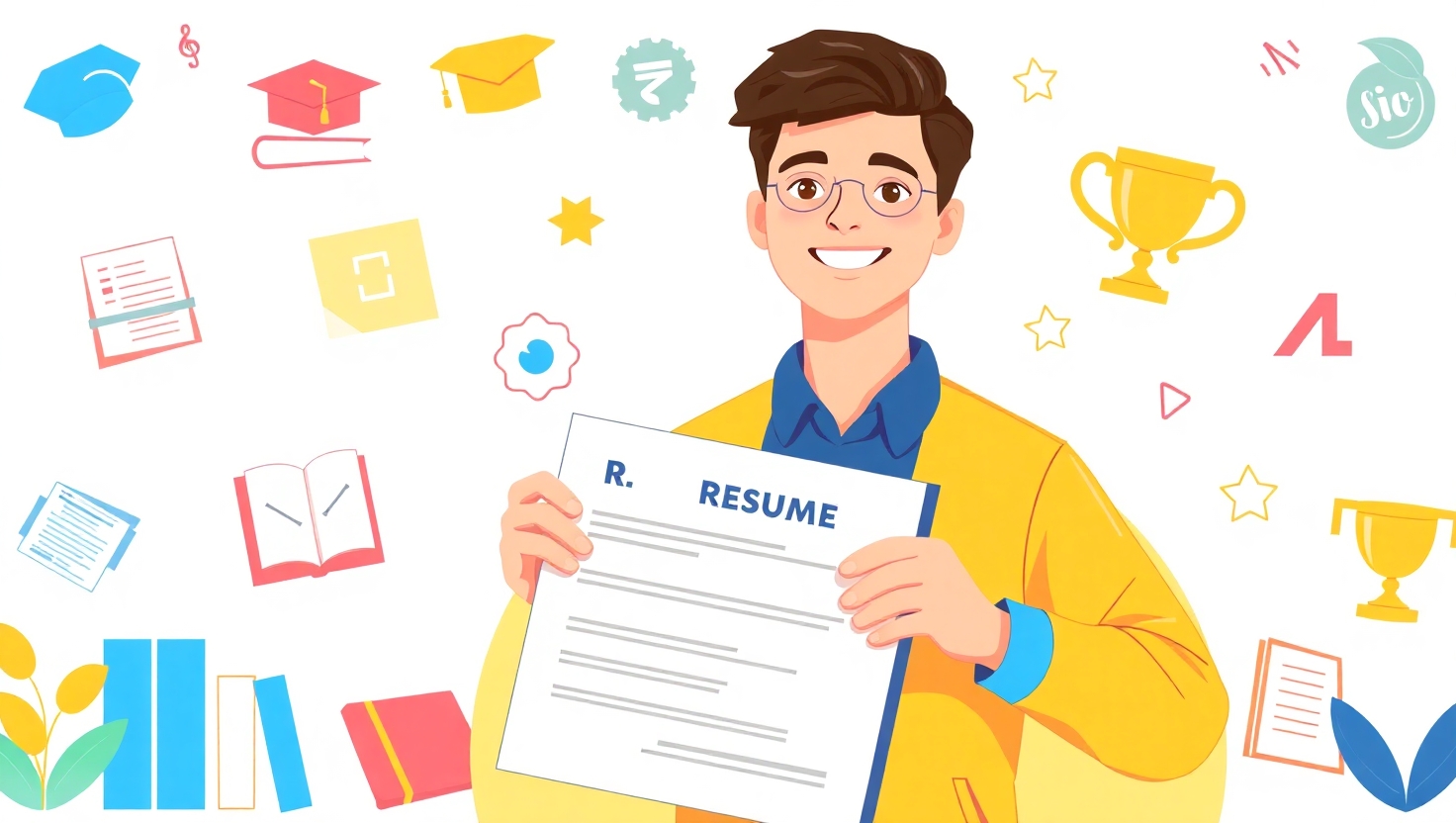Understanding the Purpose of Scholarship Interviews
Scholarship interviews are not just a formality. Committees want to:
- Assess your communication skills – Can you articulate your goals and ideas clearly?
- Evaluate your personality and character – Are you motivated, responsible, and a good fit for the scholarship?
- Gauge your passion and commitment – Do you demonstrate genuine interest in your field or community?
- Verify your application – Are your claims in essays and resumes accurate and credible?
📌 Tip: Committees are looking for well-rounded candidates, not just high achievers.
Step 1: Research the Scholarship and Organization
Before the interview:
- Understand the scholarship’s mission, values, and criteria.
- Know the organization behind the scholarship and its focus areas.
- Review the requirements and priorities mentioned in your application.
Example: If applying for a STEM scholarship, research recent innovations, current challenges in your field, and the organization’s STEM initiatives.
Step 2: Review Your Application Materials
- Go through your resume, essays, and achievements.
- Be prepared to discuss everything you included—projects, awards, extracurriculars.
- Committees may ask follow-up questions to assess your depth of knowledge and involvement.
📌 Tip: Avoid exaggeration—honesty is crucial.
Step 3: Practice Common Scholarship Interview Questions
Common Questions Include:
- Tell us about yourself.
- Why do you deserve this scholarship?
- What are your short-term and long-term goals?
- Describe a challenge you faced and how you overcame it.
- How will this scholarship help you achieve your goals?
- What impact do you want to make in your community or field?
- Why did you choose this particular field of study?
Tips for Answering:
- Use the STAR method (Situation, Task, Action, Result) for experience-based questions.
- Keep answers concise, confident, and focused.
- Highlight achievements, leadership, and impact rather than just personal gain.
Step 4: Prepare Questions to Ask the Interviewers
Asking questions shows interest, initiative, and curiosity:
- Can you tell me more about the scholarship’s mentorship programs?
- How does the scholarship organization support students after funding?
- What qualities do successful candidates usually have?
📌 Tip: Avoid asking questions about funding details already mentioned in materials.
Step 5: Practice Communication and Body Language
Non-verbal communication is critical in interviews:
- Maintain eye contact and good posture.
- Speak clearly and at a moderate pace.
- Smile and show enthusiasm.
- Avoid fidgeting or closed-off body language.
Tip: Practice with family, friends, or mentors to build confidence.
Step 6: Dress Professionally
- For in-person interviews, dress formally and appropriately.
- For virtual interviews, ensure good lighting, neutral background, and professional attire.
- Avoid flashy jewelry or distracting accessories.
📌 Tip: First impressions matter—presentation reflects seriousness and professionalism.
Step 7: Prepare for Behavioral and Scenario-Based Questions
Scholarship interviews often include behavioral questions to assess problem-solving and leadership:
- Describe a time you faced a team conflict.
- How did you handle a challenging academic project?
- Give an example of a community initiative you led.
Tips:
- Use real experiences from school, volunteering, or work.
- Show reflection and learning, not just the outcome.
- Connect experiences to your future goals or scholarship purpose.
Step 8: Highlight Leadership and Community Impact
Committees look for candidates who can make a difference:
- Mention initiatives you started or contributed to.
- Explain the impact on your community or peers.
- Relate achievements to your long-term vision.
📌 Example: “I organized a local clean-up initiative, involving 50 volunteers, reducing plastic waste in our community by 30%.”
Step 9: Be Prepared for Academic or Field-Specific Questions
- Some scholarships, especially STEM or research-focused ones, may ask technical questions or situational problems.
- Prepare by reviewing key concepts, research, or projects related to your field.
- Explain your thought process clearly, even if you don’t know the exact answer.
📌 Tip: Showing logical thinking and problem-solving ability is often more important than giving a perfect answer.
Step 10: Handle Difficult Questions Gracefully
- Stay calm and composed when faced with challenging questions.
- Pause to think, then answer confidently.
- If unsure, admit it honestly and explain how you would approach the problem.
Example: “I haven’t encountered this exact scenario, but I would approach it by….”
Step 11: Practice Mock Interviews
- Conduct mock interviews with teachers, mentors, or peers.
- Record yourself to analyze body language and tone.
- Request feedback on clarity, confidence, and content.
📌 Tip: Mock interviews reduce anxiety and help you anticipate tricky questions.
Step 12: Follow Up After the Interview
- Send a thank-you email to the interviewers within 24–48 hours.
- Express appreciation for their time and reaffirm your interest in the scholarship.
- Keep it concise, professional, and polite.
Example:
“Thank you for taking the time to interview me for the [Scholarship Name]. I greatly appreciate the opportunity and remain excited about contributing to [organization’s mission].”
Key Takeaways
- Research the scholarship and organization thoroughly.
- Review your application and practice answering common questions.
- Prepare questions for interviewers to demonstrate curiosity and interest.
- Focus on leadership, community impact, and unique achievements.
- Use strong communication, confident body language, and professional attire.
- Follow up with a thank-you email to leave a lasting impression.
Conclusion
Scholarship interviews are an opportunity to showcase your personality, leadership, and potential beyond your resume. By preparing effectively, practicing consistently, and presenting yourself confidently, you can significantly improve your chances of securing funding for your studies in 2025.
👉 Remember: Interviews are not just about what you know—they’re about who you are and what you can achieve. Shine with confidence and authenticity! 🌟






Leave a Reply